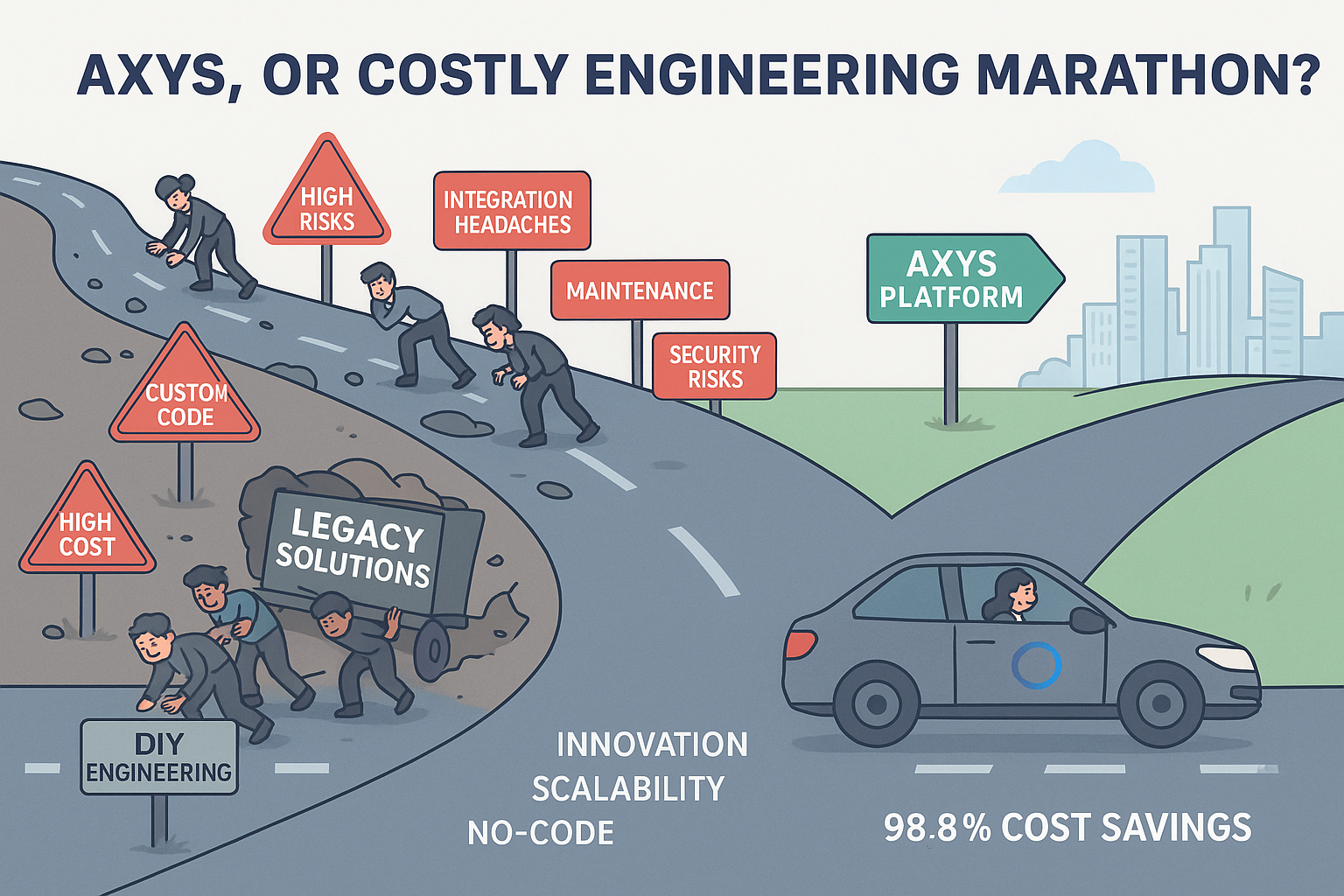Small and medium-sized businesses (SMBs) often face unique challenges when managing data. Compared to larger enterprises, they may need more resources or infrastructure to effectively collect, store, and analyze data on a large scale. However, developing a solid data strategy can be crucial for the success and growth of an SMB.
Business Data Strategies for SMBs involve defining the data types important to an organization, determining how that data will be collected and managed, and establishing systems and processes for using that data to make informed decisions. It also involves identifying the key stakeholders responsible for implementing and maintaining the data strategy.
One of the first steps in developing a data strategy for an SMB is to identify the business goals the company hopes to achieve through data. This could include goals such as increasing efficiency, improving customer satisfaction, or driving sales. Once the goals have been identified, the next step is to determine which data types will be most relevant and useful in helping the company achieve those goals. This could include data about customers, sales, operations, or other areas of the business.
The Importance of Business Data
Business data is critical for a variety of reasons. It can help a company to identify trends, patterns, and opportunities that can inform decision-making and drive business growth. For example, data can be used to identify customer preferences, track sales performance, and monitor the effectiveness of marketing campaigns.
Data can also identify inefficiencies and areas for improvement within a business. For example, analyzing data on employee productivity or supply chain logistics can help a company to streamline processes and reduce costs.
In today’s data-driven economy, businesses that can effectively collect, store, and analyze data have a significant advantage over their competitors. Data allows companies to make more informed decisions, respond to market changes more quickly, and deliver a better experience to customers.
In short, business data is a valuable asset that can help a company to make better decisions, improve operations, and drive growth.
Challenges for SMBs
Small and medium-sized businesses (SMBs) face unique challenges when managing and leveraging data. It can be challenging for them to retrieve and collect bulk data from multiple resources.
Here are a few critical considerations for SMBs looking to develop a data strategy:
Identify the types of data that are most valuable to your business: This could include customer data, financial data, market data, or operational data. Determine how you will collect and store this data and put systems in place to ensure that the data is accurate and up-to-date.
Establish clear goals for your data strategy: What do you hope to achieve with your data? Do you want to improve decision-making, increase efficiency, or identify new growth opportunities? Defining your goals will help you focus your efforts and prioritize your data-related activities.
Choose the right tools and technologies: Many different tools and technologies are available for collecting, storing, and analyzing data. Choose the best fit for your business’s needs, considering cost, complexity, and integration with other systems.
Ensure data security: Data security is critical, especially for SMBs that may not have the resources to withstand a significant data breach. Implement robust data security measures to protect against unauthorized access, and ensure that all employees are aware of and adhere to these measures.
Foster a data-driven culture: A data-driven culture involves using data to inform decision-making at all levels of the organization. Encourage all employees to embrace this culture and actively seek out and use data in their work.
With the guidelines mentioned above and continuously reviewing and refining your data strategy, your SMB can leverage data to drive business success and growth.
No-code Axys Solution for SMBs
Axys No-Code Data integration tool has provided all the solutions to create the best possible business data strategies for SMBs. No-code business data strategies for SMBs allow small and medium-sized businesses (SMBs) to leverage and manage their data without requiring extensive technical expertise or programming skills. Here are a few examples of no-code data strategies that SMBs can implement:
No-code Axys data visualization: SMBs can use no-code data visualization tools, such as Tableau, Power BI, and Looker, to create interactive and visually appealing data dashboards and reports. These tools do not require programming skills and can help SMBs better understand their data and identify key insights and trends.
Data integration: SMBs can use no-code data integration platforms, such as Talend, MuleSoft, and Workato, to connect and integrate data from different sources, such as databases, cloud services, and web applications, without the need for coding.
Data automation: SMBs can use no-code data automation tools, such as Zapier, IFTTT, and Automate.io, to automate repetitive data-related tasks, such as data entry, data validation, and data backup. These tools can help SMBs to save time and reduce errors.
No-code Axys data management: SMBs can use no-code data management tools, such as Airtable and Coda, which allow them to create and manage databases, spreadsheets, and forms without the need for coding.
Data governance: SMBs can use no-code data governance tools, such as Collibra and Alation, which provide data cataloging, metadata management, and data lineage capabilities, to ensure the accuracy, completeness, and consistency of their data and compliance with relevant regulations.
By providing all these features, Axys can help SMBs to effectively leverage and manage their data without the need for extensive technical expertise or programming skills.



